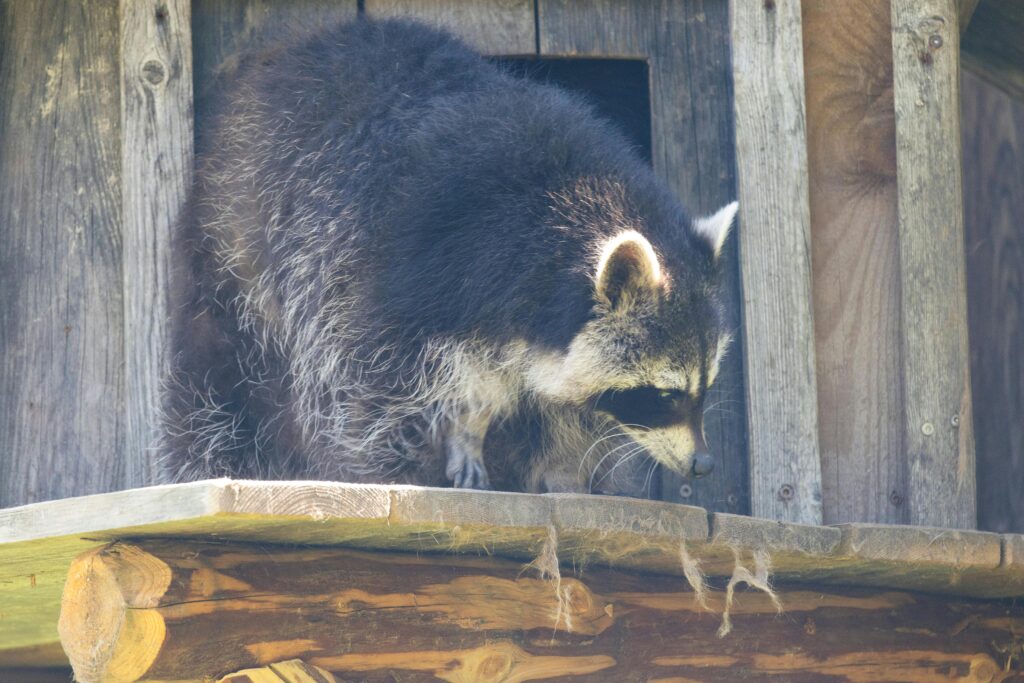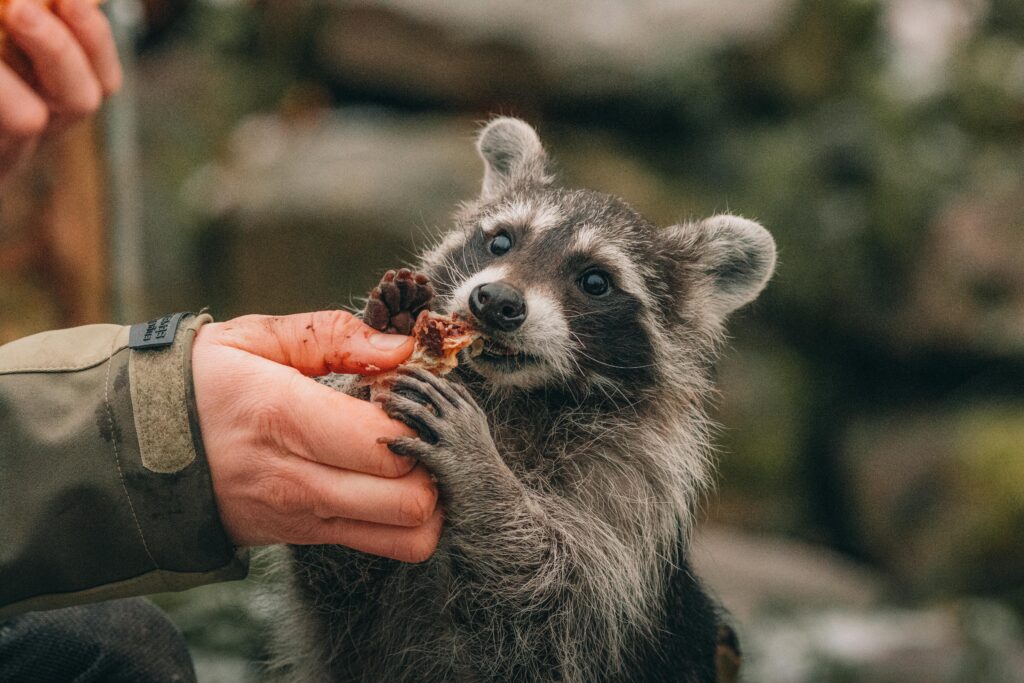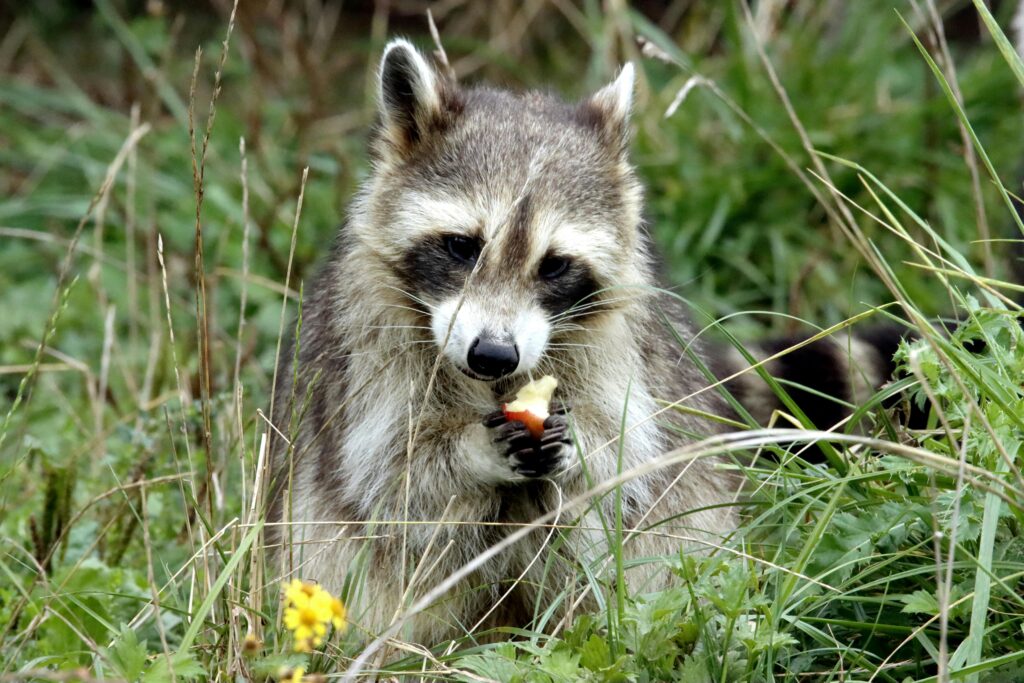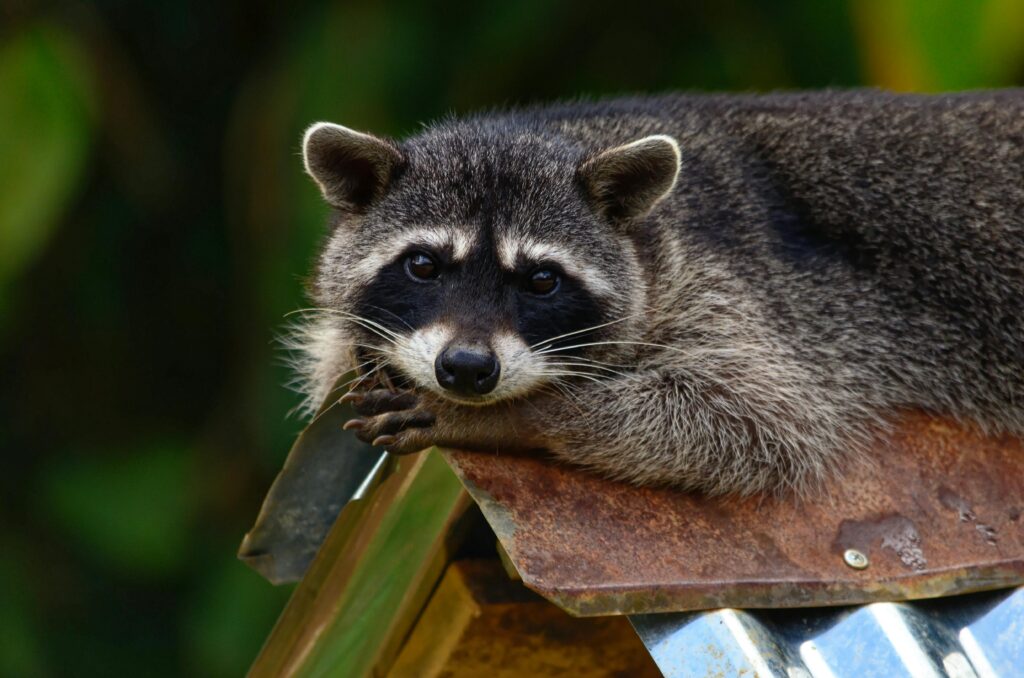Raccoons are unique, intelligent animals known for their inquisitive nature, dexterous paws, and adaptability to various environments. Their charming, playful appearance has led some animal enthusiasts to consider raising them as pets. However, raccoons are wild animals with complex needs and behaviors that make their care a serious, long-term commitment with several challenges and ethical considerations. This guide explores the physical, behavioral, emotional, and legal implications of raising a raccoon from birth, equipping prospective caregivers with a detailed understanding of what this responsibility entails.
Understanding Raccoon Behavior: Instinct vs. Domestic Influence

Raccoons, by nature, are driven by strong instincts shaped by life in the wild. They are skilled foragers, highly social within their communities, and adept at solving problems, a trait that serves them well as they hunt and evade predators. When a raccoon is raised in a domestic environment from birth, it may form bonds with its human caregiver, but it will still retain its instinctual behaviors, which often become more pronounced with age.
These natural behaviors include foraging, digging, and an intense curiosity about their surroundings. In a home, this curiosity can lead to considerable challenges, as raccoons are known to rummage through garbage, open drawers, and cabinets, and tear into furniture or walls. Because they lack the ability to differentiate between appropriate and inappropriate items, raccoons often turn household items into chew toys or tear into belongings as part of their play. Unlike typical household pets, raccoons cannot be easily trained to cease these behaviors, as they are deeply rooted in their survival instincts.
The Human-Animal Bond: Emotional Attachment and Behavioral Risks

Raising a raccoon from birth can foster a unique, albeit complex, bond between the animal and its caregiver. Raccoons raised in an affectionate and attentive environment often show signs of loyalty, recognize their caregivers, and may even seek attention and social interaction similar to that of domesticated animals. However, it is important to note that raccoons are inherently unpredictable. As they reach sexual maturity, typically around 1-2 years of age, they may begin displaying aggressive tendencies, especially during mating season or if they feel threatened.
This unpredictability poses risks for the caregiver and any other members of the household. Even well-socialized raccoons may lash out suddenly, bite, or scratch, as they lack the same capacity for domestication as dogs or cats. In particular, raccoons raised without sufficient boundaries may develop dominant or territorial behaviors, which can lead to biting, marking territory, or aggressive posturing. Such behaviors, while normal for wild raccoons, can be alarming and potentially dangerous in a domestic setting.
Health and Nutrition: Meeting the Needs of an Omnivorous Forager

Providing a balanced diet is essential to the health and well-being of a pet raccoon. In the wild, raccoons have diverse, omnivorous diets consisting of fruits, vegetables, small animals, insects, and fish. Replicating this diet in a domestic setting requires careful planning, as improper nutrition can lead to a range of health issues including obesity, malnutrition, and metabolic disorders. For instance, raccoons that are fed a diet too high in sugar or fat can quickly become overweight, which can lead to health complications like arthritis or diabetes.
Access to proper veterinary care is equally important but can be difficult to find, as not all veterinarians are trained to handle exotic animals like raccoons. Regular check-ups, vaccinations, and deworming treatments are essential to prevent diseases such as leptospirosis, rabies, and Baylisascaris procyonis, a dangerous roundworm found in raccoons that can infect humans. Because raccoons can carry these zoonotic diseases, practicing strict hygiene and ensuring their health is especially important when caring for one in close quarters.
Legal Considerations: Compliance with Local and State Regulations
One of the most critical aspects of raising a raccoon from birth involves understanding and adhering to local laws and regulations. In many places, it is illegal to keep raccoons as pets due to concerns over their potential to spread diseases and the ethical implications of domesticating a wild animal. Even in areas where it is legal, permits are often required, and failure to comply with these regulations can result in substantial fines, legal penalties, or the forced removal of the animal.
In addition to local laws, some countries enforce federal regulations on exotic pets, and raccoons may be classified as protected wildlife in some areas. Prospective caregivers should thoroughly research their jurisdiction’s policies to ensure they can legally own and care for a raccoon. It is also worth considering the ethical implications of removing a wild animal from its natural habitat and attempting to domesticate it in an environment where it may not thrive as it would in the wild.
Long-Term Effects on Raccoon Behavior and Household Harmony
Raccoons raised from birth in a home environment may initially exhibit social and affectionate behaviors, but as they mature, their wild instincts generally reassert themselves. This often leads to a notable shift in temperament and behavior, making them more difficult to manage. Adult raccoons frequently display territorial aggression, particularly if they perceive that their territory is being encroached upon by other pets or humans. Additionally, their climbing and digging instincts can make them adept escape artists, and caregivers often find it challenging to contain a determined raccoon within a conventional home.
For households with other pets, introducing a raccoon can result in added complications. Many raccoons do not socialize well with dogs, cats, or other domesticated animals, often perceiving them as competitors or threats. In some cases, raccoons may attempt to dominate other animals, which can lead to injuries or heightened stress levels for all pets involved. Caregivers should consider that, unlike traditional pets, raccoons do not readily adapt to new animals and may continue to display solitary and territorial behavior even in the presence of familiar pets.
A Long-Term Commitment and Ethical Considerations
Raccoons can live up to 20 years in captivity, meaning that raising one from birth is a long-term commitment that requires significant time, financial resources, and dedication. Unlike dogs or cats, which are bred for companionship and adapt well to human routines, raccoons require ongoing stimulation and large, enriched spaces to keep them mentally and physically healthy. For many caregivers, the novelty of raising a raccoon may fade as the reality of its needs and challenges becomes more apparent.
Furthermore, reintroducing a domesticated raccoon to the wild is extremely challenging, as they may not develop the skills necessary to survive independently. This limitation raises ethical questions about whether it is truly in the raccoon’s best interest to be raised in a domestic setting rather than left to thrive in its natural habitat. Experts in wildlife rehabilitation and exotic animal care often advise against raising raccoons as pets, recommending instead that individuals interested in these animals support conservation efforts or volunteer with wildlife organizations to gain insight into their behaviors without interfering with their natural development.
Key Takeaways
Wild Instincts Persist: Raccoons, even when raised from birth, retain their wild instincts, leading to behaviors that are often destructive and difficult to control in a home setting.
Health and Nutritional Demands: Proper nutrition, specialized veterinary care, and precautions against zoonotic diseases are essential but may be challenging to maintain.
Legal and Ethical Considerations: Many regions restrict raccoon ownership due to health risks and ethical concerns, and prospective owners should thoroughly understand local regulations.
Behavioral and Social Challenges: As raccoons mature, they often develop territorial and aggressive behaviors, posing potential risks to caregivers and other pets.
Long-Term Commitment: Caring for a raccoon is a long-term responsibility that may span two decades, demanding considerable financial and emotional resources.
Raccoons are remarkable animals that can capture our fascination with their intelligence and charm, but they remain best suited to life in the wild. While some individuals may successfully care for a raccoon from birth, it is essential to consider the long-term welfare of the animal and the household. Instead of attempting to domesticate a raccoon, potential caregivers might find fulfillment through conservation efforts, wildlife observation, or supporting raccoon rehabilitation programs, allowing these animals to thrive in environments where their natural behaviors are fully appreciated and respected.
Keywords: raising a raccoon from birth, raccoon behavior in captivity, wild animal domestication, raccoon health and diet, raccoon legal restrictions, exotic pet care, raccoon behavioral challenges, ethical wildlife care, raccoon aggression, long-term exotic pet commitment



